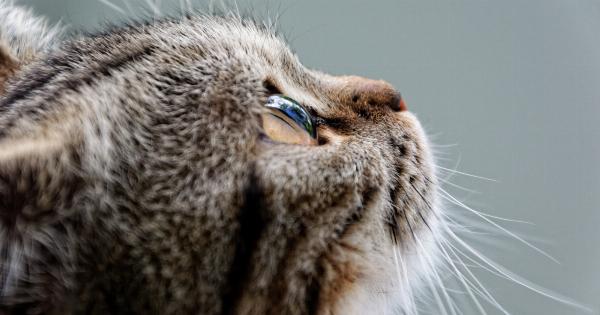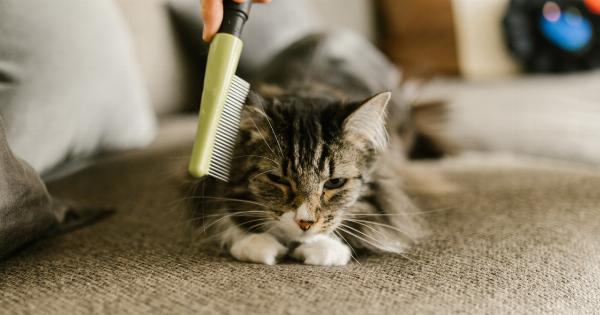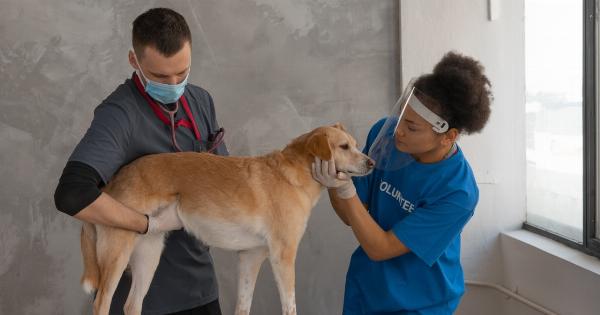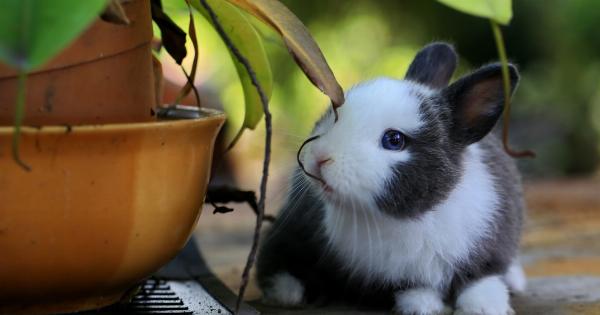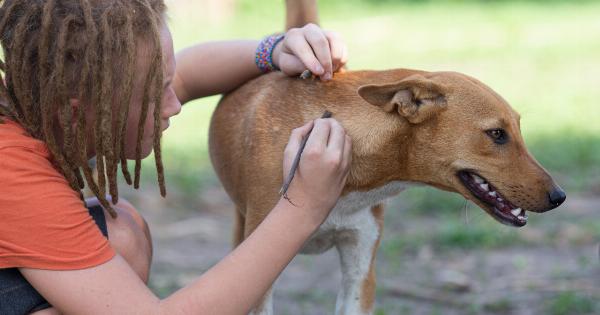Hamsters are popular pets due to their small size, cute appearance, and friendly nature. These rodents are known for their playful personality, making them great companions around the house.
However, to ensure a happy and healthy relationship with your hamster, there are some things you need to keep in mind.
1. Choose the Right Cage
The first step to creating a positive hamster-owner relationship is to provide your pet with a suitable environment. The cage should be large enough for the hamster to move around, with plenty of room for toys, a water bottle, and a food dish.
A wire cage with a solid bottom is an excellent option as it allows for good ventilation while preventing the hamster from escaping.
2. Create a Comfortable Environment
Hamsters love to burrow, so it’s important to provide plenty of bedding material. Make sure the cage is kept clean, and the bedding is changed regularly to maintain a hygienic environment.
Also, hamsters require a warm temperature, so keep their cage in a room where the temperature is between 65 and 75 degrees Fahrenheit.
3. Provide a Nutritious Diet
Hamsters need a diet that is high in fiber and rich in nutrients. A balanced diet should consist of pellets, whole grains, seeds, fruits, and vegetables. Avoid sugary treats and foods high in fat, as they can result in health issues.
4. Bond with Your Hamster
Building a trusting relationship with your hamster takes time, but it’s worth the effort. Start by talking to your hamster, so it gets used to your presence and voice.
You can also offer small treats, such as a piece of carrot or apple, to establish rapport. Handle your hamster regularly to get it accustomed to being touched. Make sure to support its entire body weight as hamsters can be intimidated by unstable handling.
5. Exercise and Playtime
Hamsters are active animals that need exercise and playtime to stay healthy. Provide your pet with toys, such as a running wheel or chew toys, to keep it occupied. You can also let it out of the cage for supervised playtime.
Ensure there are no hazards in the play area, and supervise your hamster at all times. Also, make sure to provide fresh water for your pet during playtime.
6. Practice Good Hygiene
Hamsters are known to be clean animals, but they still require good hygiene practices. Clean their cage regularly, and provide a litter box if possible. Wash your hands before and after handling your hamster, and provide fresh water daily.
Check your hamster’s fur regularly for any signs of illness or injury, such as lumps or cuts.
7. Be Mindful of Their Nocturnal Nature
Hamsters are nocturnal animals, meaning they are most active at night. Be mindful of this when planning playtime, as your pet may not want to be disturbed during the day.
It’s also best to ensure the cage is kept in a quiet and dark area at night, so your hamster can sleep peacefully.
8. Seek Veterinary Care When Needed
Like any pet, hamsters can develop health issues, such as infections, lumps, or tumors. Ensure your hamster receives regular check-ups from a qualified veterinarian to maintain optimal health.
It’s also essential to be aware of any changes in your pet’s behavior, such as loss of appetite or lethargy, as it could indicate an underlying health problem.
9. Consider Getting a Companion
Hamsters are social animals and can benefit from having a companion. If you’re considering getting another hamster, ensure they are of the same sex and that the cage is big enough for both to live comfortably.
If introducing two hamsters, it’s best to do so gradually and under supervision, as they may fight initially.
10. Enjoy the Experience
Finally, enjoy the experience of having a hamster as a pet. With proper care and attention, you’ll develop a bond with your pet that can last for years.
There’s nothing quite like the feeling of having a small, furry friend that brings joy and laughter to your home.



